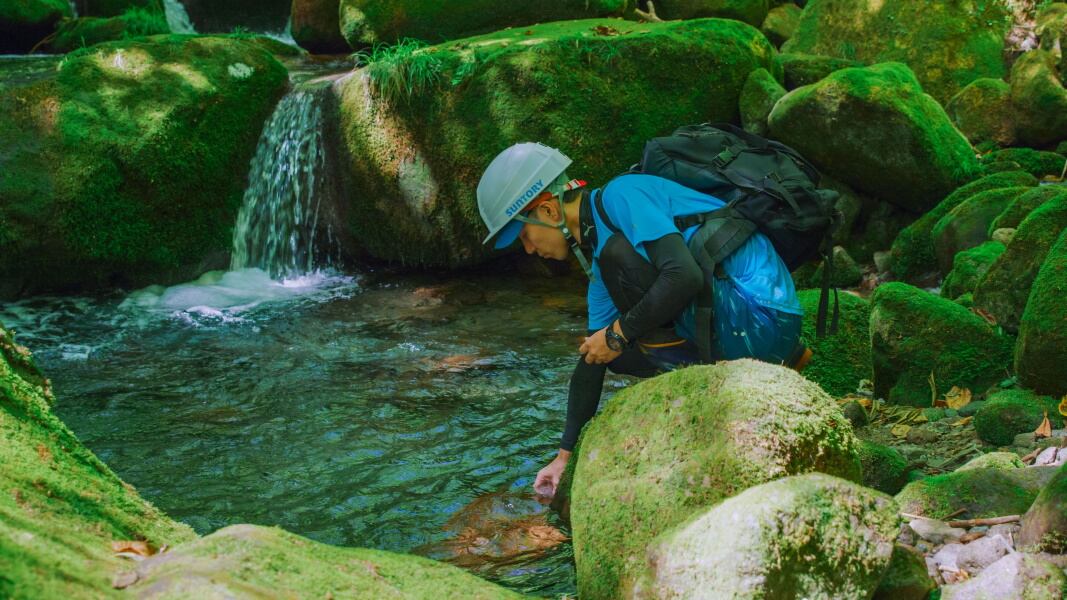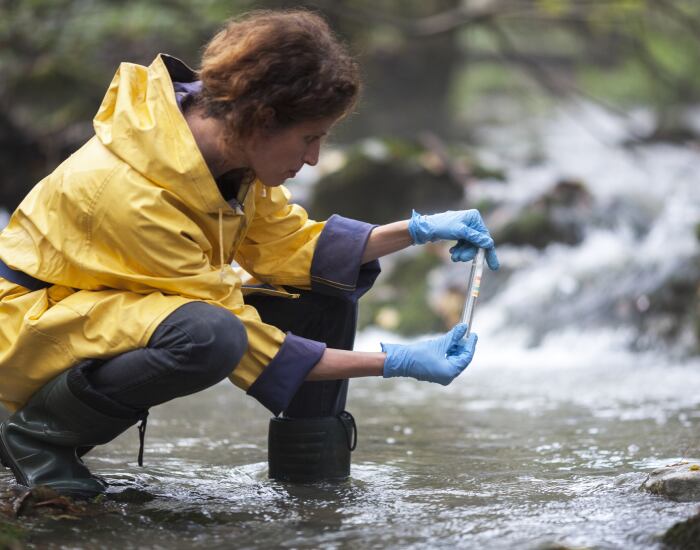Just 14% of food sector companies have targets for reducing water pollution, data from non-profit CDP suggests, and only 4.4% of companies are making progress against these targets.
More urgent action is needed, CDP believes. In its recent report, A Wave of Change, the investor coalition finds that the companies disclosing through CDP’s water security questionnaire in 2020 risk losing up to a combined US$301bn in business value if they do not address water risks. The top water risks faced by companies are increased water scarcity, flooding, drought, severe weather events, and declining water quality.
CDP estimates the total cost of addressing these risks at US$55bn – less than one fifth of the amount.
“Water shortages are affecting more than 3 billion people worldwide, with the amount of freshwater available per person having plunged by a fifth over two decades. The water crisis must be approached with the same urgency and innovation as the COVID-19 crisis – and the business case for action is clearer than ever,” argued Cate Lamb, Global Director of Water Security at CDP.
“Some of the world’s thirstiest companies are already innovating by reusing water in creative ways,” she noted. “Companies must take bold action now to transform their business models.”
Japanese beverage giant Suntory Holdings is one such innovator. The drinks company places water at the ‘heart’ of its business and has established a long-term vision to become ‘water positive’ by 2050 with mid-term targets set for 2030, Yuko Koshiishi, Senior General Manager of the Corporate Sustainability Division, explained at the recent FoodNavigator Climate Smart Food event.
“When we talk about water, we think about the water cycle in nature. Our business is a part of this cycle… We aspire to contribute to a healthy water cycle and nature,” she told delegates.
To achieve this Suntory has established its ‘Sustainable Water Philosophy’ which is build around four pillars: Understanding the natural water cycle, promoting ‘environmentally conscious’ water use at its facilities, conserving watersheds where the company sources water and ‘last but not least’ engaging with local communities on this vital shared resource.

Natural Water Sanctuary initiative
As part of its commitment on water, Suntory has established its Natural Water Sanctuary initiative, which started in Japan back in 2003. Today, the company manages 21 forest areas in its domestic market, equivalent to around 12,000 hectares of land.
“Healthy forests and healthy soil are important for quality ground water,” Koshiishi told us. “Through these water sanctuary forests we now recharge more than double the amount of ground water we use in our plants in Japan.”
The Natural Water Sanctuary initiative started in Japan – but the international beverage giant is now rolling the approach out globally. For instance, the group has established two water sanctuaries in Kentucky, where it distils bourbon, and they employ water conservation efforts near their whiskey bottling plant in India. “We understand that water is a local issue and the situation varies from region to region. We are not carrying the exact same initiatives as Japan in other countries but we share the same approach,” Koshiishi revealed.
“As a beverage company with water at the heart of our business. Suntory is fully committed to be engaged and taking a leadership role in water stewardship.”
Bringing together science and nature
Koshiishi explained that Suntory supports a ‘science-based approach’ to understand the natural water cycle. The company conducts field studies to analyse-factors like topology, geology, river run off, ground water level and water quality.

This data is then put into a model that estimates groundwater flow, recharge rate and recharge area. “Based on this model we estimate the amount of groundwater in our natural water sanctuary as well as identifying the key areas for recharging water.”
By leveraging an RPDCA approach that is ‘quite unique to Suntory’ the company adds research on top of the more familiar ‘plan, do, check, action’ formula. “It is very important to have this research to understand how natural water sanctuary forests may evolve… looking 50 and 100 years in the future.”
The company also leverages technology such as laser navigation to understand the current forests. “By understanding the current forest and visualising how it may evolve in the coming years we will then develop our activity plan to help and support the forest to be sustainable so we can have this quality water in the future as well.”
Suntory’s science-based approach is dependent on natural solutions to water management. “The merger of the scientific approach and nature-based solution really makes sense. When you talk about the science-based approach it’s not about technology… it’s based on nature. It’s about how we find the best way to balance and fit into the water cycle,” the sustainability expert explained.
‘Water scarcity has to be taken seriously’
Koshiishi insisted that water security is something that more food and beverage businesses must take action on. “The issue of water scarcity has to be taken more seriously by businesses as a consequence of climate change since it will directly impact the business in high water risk areas,” she told FoodNavigator. “For Suntory water has always been at the top of the agenda. It is a critical issue for our business especially in areas where we face water scarcity.”
Taking action on water isn’t just about reducing business risk, however. Koshiishi stressed that it is a moral imperative for business to safeguard access to this shared resource for communities in which they source water. “Reduced risk is an important element for water sustainability not only for the business itself but also for the natural environment and the communities in the watershed. Water is a precious shared resource.”




